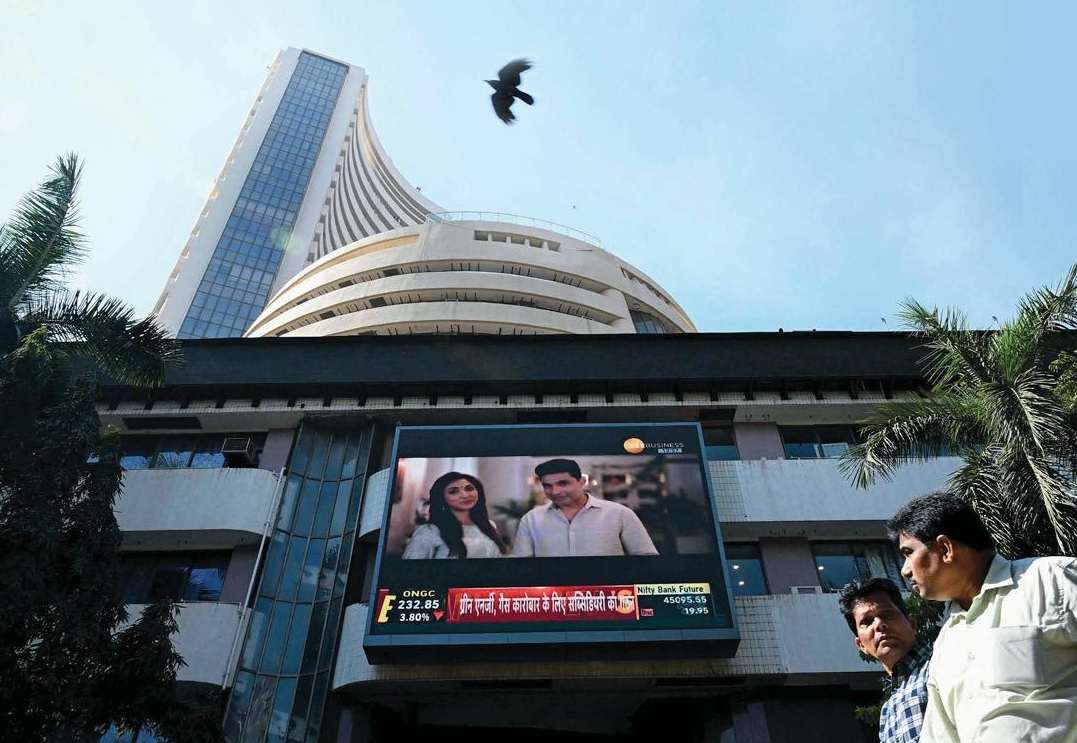يحاول ذهب - حر
RISING STOCK
April 14, 2024
|THE WEEK India
Recent initiatives by SEBI have made capital markets a better place for investors

January 27, 2023, was a significant day in the history of India's capital markets-they fully transitioned to T+1 settlements, which meant if you sold shares you would get the money in your account the next day.
They went one better on March 25, 2024, as the stock exchanges debuted T+0 settlement for 25 scrips, which meant sellers would get their money on the same day. The plan is to move to instantaneous settlements next year.
The journey towards shorter settlement had begun when the Securities and Exchange Board of India allowed exchanges to move from T+2 to T+1 settlement cycle in January 2022. It was done in phases and took a year for complete switching. There were hiccups. The custodians of foreign institutional investors resisted it citing some difficulties. But, SEBI chairperson Madhabi Puri Buch ensured that all of them were ironed out.
Quicker settlements offer many benefits, notably the reduction of counterparty risk (the probability that the other party may not fulfil the contractual obligations) and the bolstering of market efficiency, said Rakeshh Mehta, chairman of Mehta Equities. "Furthermore, it is anticipated to substantially lower operational expenses for market participants and reduce the funding costs that brokers face," he said.
There are, however, many challenges and concerns. A shorter settlement cycle would necessitate an overhaul of the market infrastructure, systems and processes. Also, it may contribute to an increase in market volatility. SEBI says it will continue consultations with stakeholders and the board will review the progress periodically.
هذه القصة من طبعة April 14, 2024 من THE WEEK India.
اشترك في Magzter GOLD للوصول إلى آلاف القصص المتميزة المنسقة، وأكثر من 9000 مجلة وصحيفة.
هل أنت مشترك بالفعل؟ تسجيل الدخول
المزيد من القصص من THE WEEK India

THE WEEK India
A KNIGHT TO REMEMBER
How the latest Game of Thrones prequel saved the franchise
4 mins
March 08, 2026

THE WEEK India
CURRENTS OF CHANGE
Kayakers on the Tawangchu river are transforming a frontier district
3 mins
March 08, 2026

THE WEEK India
Himalayan challenge
The upcoming parliamentary elections is a referendum on governance, institutional integrity and public trust
5 mins
March 08, 2026

THE WEEK India
Third Mumbai will be much bigger than what Mumbai is now
THE DIFFERENCE BETWEEN MUMBAI AND NAVI MUMBAI IS THAT NAVI MUMBAI IS PLANNED, AND HAS MORE OPEN SPACE, PLAY AREAS AND GREENERY. THIRD MUMBAI WILL BE BIGGER AND BETTER.
3 mins
March 08, 2026

THE WEEK India
AI dreams and blocked pipes
I can't see the clogged toilet pipes of the world's most expensive and advanced aircraft carrier, the USS Gerald R. Ford, currently stationed in the eastern Mediterranean on a mission to punish Iran into abject surrender, as anything but symbolic.
2 mins
March 08, 2026
THE WEEK India
Rejoinder to the column by Mahua Moitra
This is with reference to Ms Mahua Moitra's column, 'Hard questions for Hardeep' (March 1, 2026). The column dresses up insinuation as accountability, builds its narrative on inflated arithmetic, and invites the reader to mistake volume and vocabulary for evidence. The record does not support her leaps. But before we examine the substance of what she claims, the reader is entitled to consider who is making the claim—because the messenger, in this case, is the message.
8 mins
March 08, 2026

THE WEEK India
Open AI sesame
India needs more than a summit to open the doors to AI glory
5 mins
March 08, 2026

THE WEEK India
A global invocation
Auroville and Puducherry hosting Global Spirituality Mahotsav 2026
3 mins
March 08, 2026

THE WEEK India
Power of resistance
A durable democracy in Bangladesh needs an empowered, institutional and responsible opposition
2 mins
March 08, 2026

THE WEEK India
The pause that matters
In many parts of the world, including India, a quiet but pivotal shift is unfolding. Women are living longer, fuller lives, and daughters are outpacing their mothers in education, careers and ambition. Even so, one of the most important transitions in a woman's health journey is only now receiving the attention it deserves. Menopause is increasingly being understood not as an ending to be endured, but as a turning point shaping long-term health and vitality.
2 mins
March 08, 2026
Listen
Translate
Change font size

